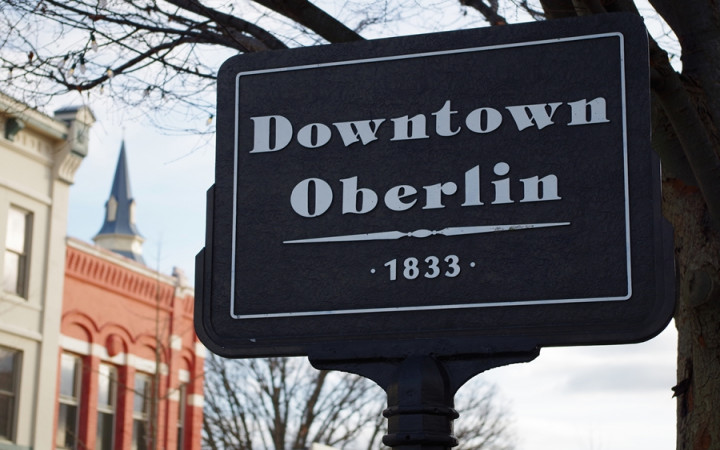Have you ever gone on a road trip? If so, you probably saw the names of many new cities as you passed them. Many places greet you with a large “Welcome!” sign. These often include facts like the city’s motto and the year it was founded.
Some cities have only been around a few years. (Yes! New cities are still being founded today!) Others have existed for tens, hundreds, and even thousands of years.
Historians believe the first cities were built 8,000-10,000 years ago. The very first cities were formed in Mesopotamia. Some of these included Eridu, Uruk, and Ur. Around this time, other cities sprang up in the Indus Valley (modern Pakistan) and ancient China.
People were mainly nomadic hunters and gatherers before these first cities were founded. What allowed them to settle in one place? The development of agriculture was one factor. The domestication of animals also helped. The creation of cities also allowed people to store surplus food production. Early city-dwellers were also able to more easily transport items and trade goods and services.
Soon, societies began to become more complex. People developed new systems of writing. New technology of the time included the plow, potter’s wheel, loom, and . These helped draw people to cities where they could trade goods and services.
As time marched on, more and more cities sprung up around the world. Not all cities were created for the same reasons. For example, some grew up around intersections of ancient trade routes. These were not centers of agriculture or building. Instead, they were large marketplaces focused on trade. These often formed where goods would move from one mode of transportation to another, such as at a river or ocean port.
Many cities were also founded to keep people safe. Walled cities were common in ancient history. That’s because walls could protect a city from an attack. Later, more advanced war machines made walled cities mostly useless.
As populations grew, cities also became important centers of government. Certain cities arose as seats of power for the government of a state or nation. One example is Washington, D.C., in the United States.
As you can see, cities perform many important functions. As such, they can be founded for a variety of reasons. To found a city, pioneers faced many obstacles. They had to find land that suited their purpose. City founders also needed sources of water and land to grow food. Depending on the goals of the city, other factors might also be important, such as access to trade routes.
Today, we don’t hear about new cities being founded often. But it still happens! Most new cities today start as rural or suburban areas that later decide to incorporate as a city.
Why would they do this? Again, the reasons can vary by region and purpose. Some may incorporate to control their own destiny. Otherwise, they would be controlled by another local city or county government. Still others may do so in order to provide necessary benefits to citizens, such as police or fire protection.
Do you live in a city? If so, you may be familiar with their benefits. However, small towns and rural areas can also be great places to live. Where would you like to live one day as an adult?
Standards: CCRA.L.3, CCRA.L.6, CCRA.R.1, CCRA.R.2, CCRA.R.4, CCRA.R.10, CCRA.SL.1




